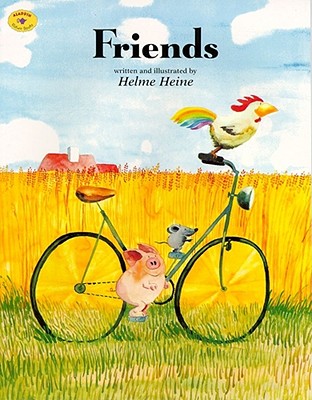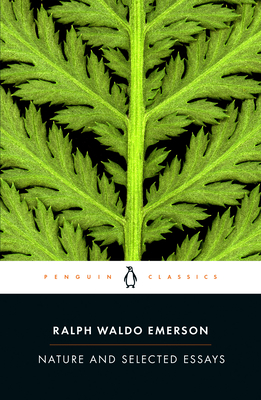Happy belated St. Patrick’s day, everyone! Last night we watched The Secret of Kells, which is such a gorgeous movie, and reminded me of this lovely poem about a writer and his cat. Here’s one famous translation by Robin Flower:
The scholar and his cat, Pangur Bán
(from the Irish by Robin Flower)
 I and Pangur Ban my cat,
I and Pangur Ban my cat,
‘Tis a like task we are at:
Hunting mice is his delight,
Hunting words I sit all night.
Better far than praise of men
‘Tis to sit with book and pen;
Pangur bears me no ill-will,
He too plies his simple skill.
‘Tis a merry task to see
At our tasks how glad are we,
When at home we sit and find
Entertainment to our mind.
Oftentimes a mouse will stray
In the hero Pangur’s way;
Oftentimes my keen thought set
Takes a meaning in its net.
‘Gainst the wall he sets his eye
Full and fierce and sharp and sly;
‘Gainst the wall of knowledge I
All my little wisdom try.
When a mouse darts from its den,
O how glad is Pangur then!
O what gladness do I prove
When I solve the doubts I love!
So in peace our task we ply,
Pangur Ban, my cat, and I;
In our arts we find our bliss,
I have mine and he has his.
Practice every day has made
Pangur perfect in his trade;
I get wisdom day and night
Turning darkness into light.
I love this comparison between a cat at hunt and a writer at work, especially that last stanza. Check out a few other translations as well.
(poem via Beatrice Santorini)(image by Robert Crum)
 1. Friends by Helme Heine
1. Friends by Helme Heine



